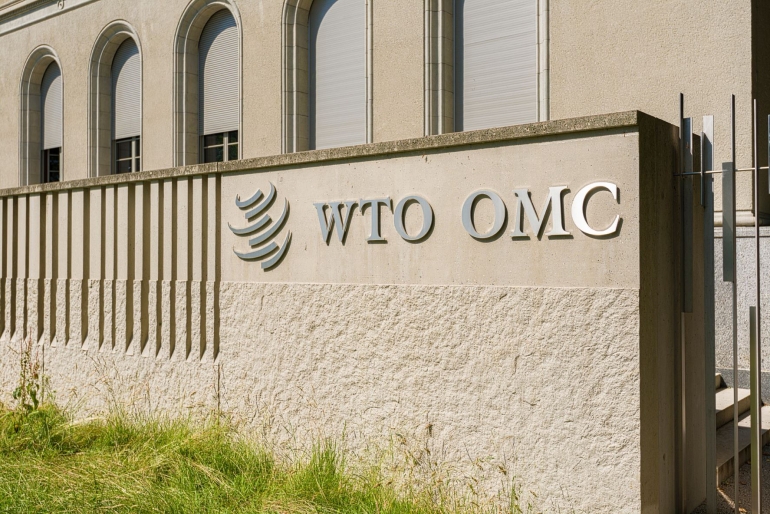Thur 29 June 2017
By Xue BAI (Sophia)
Background
Generally speaking, if we assume China as a closed economy or in a state of autarky, it would be self-sufficient, with production for domestic consumption only. With no distortions and an efficient market there perhaps would not be a need for government intervention or trade policy. Moreover, If a firm (or firms) exercise an inappropriate degree of market power, competition law in the domestic market could sufficiently address this behavior. However, as China opened up and joined the WTO in 2001, the expansion of the market brought by trade and trade liberalization facilitated increased competition not only in the domestic market but also in the regional and international market. For instance, when trade barriers are lowered, the penetration of domestic markets by foreign firms often bring aggregate benefits. If companies behave competitively, international efficiency will improve as a result of free trade and free markets. However, if firms, especially international firms, behave anti-competitively in the international market, the intervention of government in the domestic market by enforcing competition law or competition policy is justified. However, the challenge is the limited scope of competition law and the domestic nature of the enforcement activity of competition authorities. For instance, it is relatively hard for Chinese competition authorities to enforce Chinese Competition Law, Anti-Monopoly Law to discipline companies that are not located in China. It is worth mentioning that the challenge articulated above can be solved through different ways, for instance, through co-operation of competition authorities across various countries. However, as Dr. Hassan Qaqaya pointed out, given the linkage between competition and trade policy, the use of trade remedies in the international treaties may provide some solutions for cross-border issues arising from the competition law regime.
Re-evaluation of Trade and Competition Policies in China
Dr. Hassan Qaqaya pointed out that recently China has found itself in a unique situation, especially on antidumping and safeguarding issues. For instance, according to Section 15(a)(ii) of its 2001 Protocol of Accession, the importing WTO Member may use a methodology that is not based on a strict comparison with domestic prices or costs in China, if the producers under investigation cannot clearly show that the market economy conditions prevail in the industry producing the like product with regard to manufacture, production and sale of that product.
China, as asocialist market economy, has sectors that are dominated or controlled by State-Owned Enterprises (SOEs). For instance, seven strategic sectors have been identified by State-owned Assets Supervision and Administration Commission (SASAC) stipulating that SOEs must be in absolute control of defense, electric power and grids, petroleum and petrochemical, telecommunications, coal, civil aviation, and shipping. In addition, the important role of industrial policy like Made in China 2025 may also complicate the situation in China.
As a result, Dr. Hassan Qaqaya believes that China is at a crossroads.
One possible direction for China is to use antidumping more intensively given China by far is the main target of antidumping measures, but (so far) one of the smallest users of such measures. According to Dr. Hassan Qaqaya, there are two compelling reasons for China to take this direction. First, China may use antidumping as a retaliatory instrument against foreign anti-dumping. Second, China may consider the use of antidumping as a tool for China’s progressive integration into the worldwide collusive dimension of antidumping.
Another possible direction, suggested by Dr. Hassan Qaqaya, is for China to undertake a guiding role in arguing for stricter rules on the use of antidumping. As a small antidumping user and a key target of foreign antidumping, China would be one of the main beneficiaries of such a move, which would also help with negotiatiating an economically sound interpretation of the special provisions on antidumping and safeguards included in its WTO accession protocol.
